Growing your own food or flowers organically isn’t just a feel-good choice, it’s better for the planet, better for pollinators and often better for your body too. Organic gardening focuses on working with nature, not against it, using sustainable methods to nourish your soil, plants, and local wildlife.
How to Grow Organically and Successfully
Whether you’re starting a vegetable patch or switching your garden practices, here are some practical tips and tricks to help you grow organically and successfully.
- Start with Healthy Soil – The foundation of any organic garden is rich, living soil. Healthy soil equals healthy plants. You can improve soil organically by adding homemade or shop-bought compost, which adds nutrients and improves texture. You can also use organic matter, such as well-rotted manure, leaf mould and seaweed all help build structure and fertility.
- Go Chemical-Free – To grow organically, you need to ditch synthetic pesticides and fertilisers. Instead, go natural by using companion planting to deter pests, and making natural sprays from garlic, neem oil or soap to control insects.
- Grow the Right Plants for Your Conditions – Success in organic gardening comes from working with your environment. Choose plants suited to your soil type, sunlight and local climate. Native species and heritage vegetable varieties often do better without synthetic help and are more resilient to local pests and diseases.
- Make Your Own Fertilisers – You don’t need a lab to make effective plant food. You can make comfrey or nettle tea to fertilise your garden by soaking leaves in water for two to three weeks, and using the liquid as a growth-boosting tonic. Crushed eggshells are also helpful, as they add calcium and deter slugs.
- Encourage Biodiversity – Organic gardening thrives on balance. Create a habitat that welcomes helpful insects, birds, and other wildlife. Plant pollinator-friendly flowers like lavender, borage, and cosmos, and add a wildlife pond or insect hotel.
- Be Patient and Observant – Organic gardening is a slower, more natural process. Take the time to observe what’s working and what’s not. A sudden pest or yellowing leaf might indicate a soil issue or imbalance, not a need for chemicals.
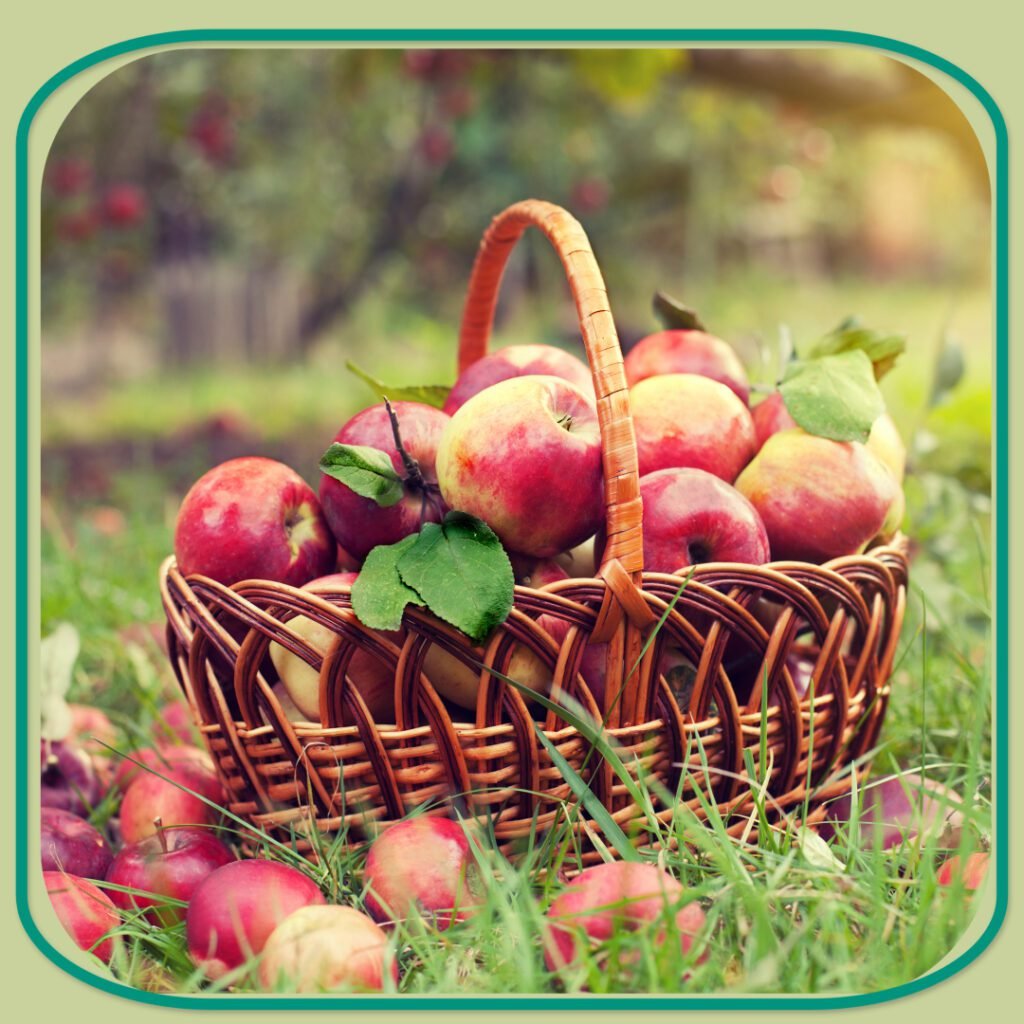
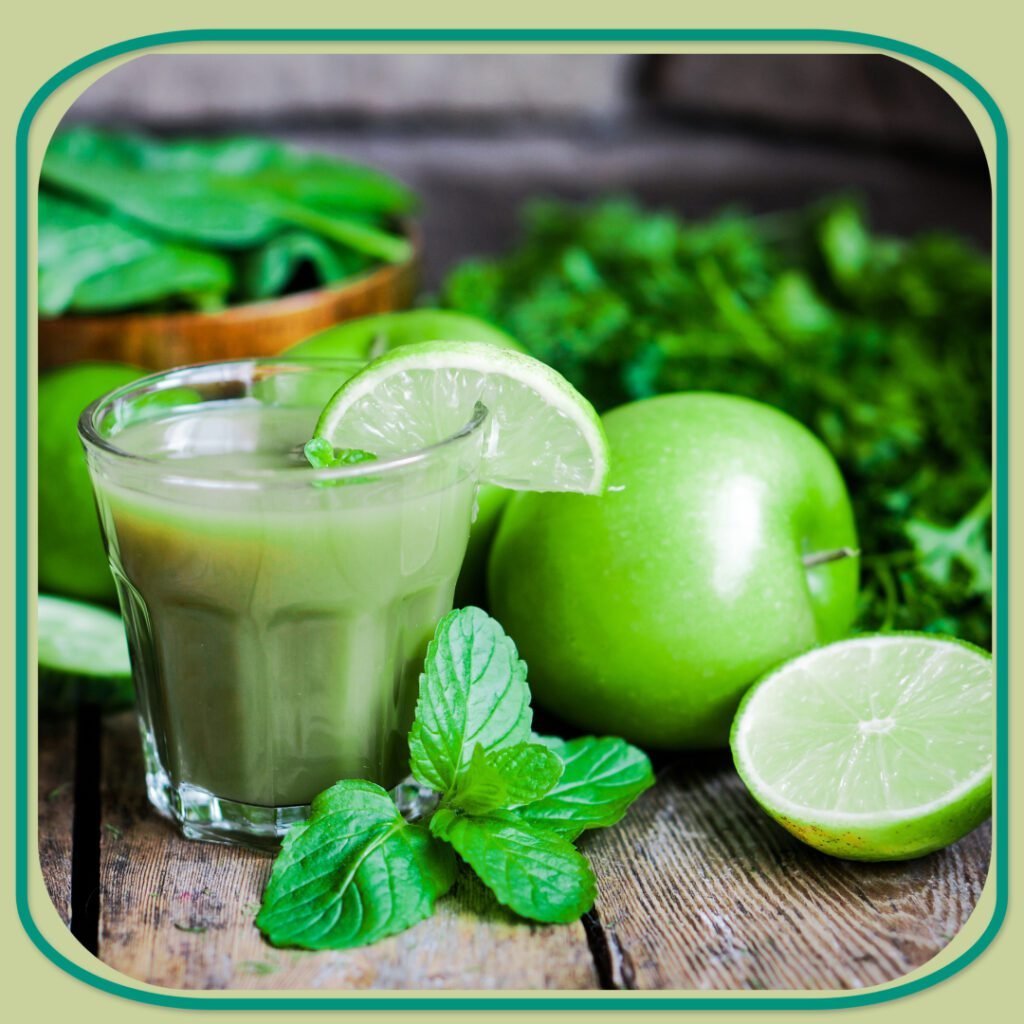

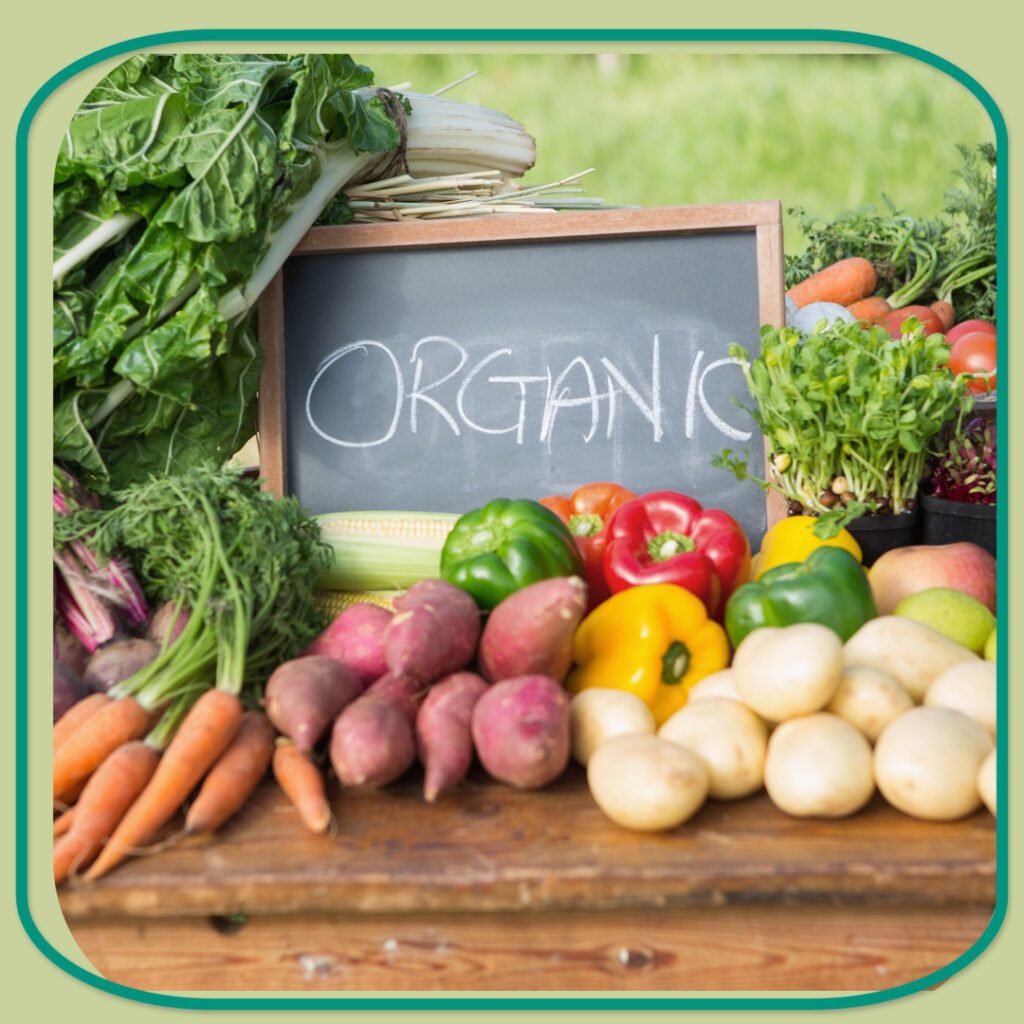
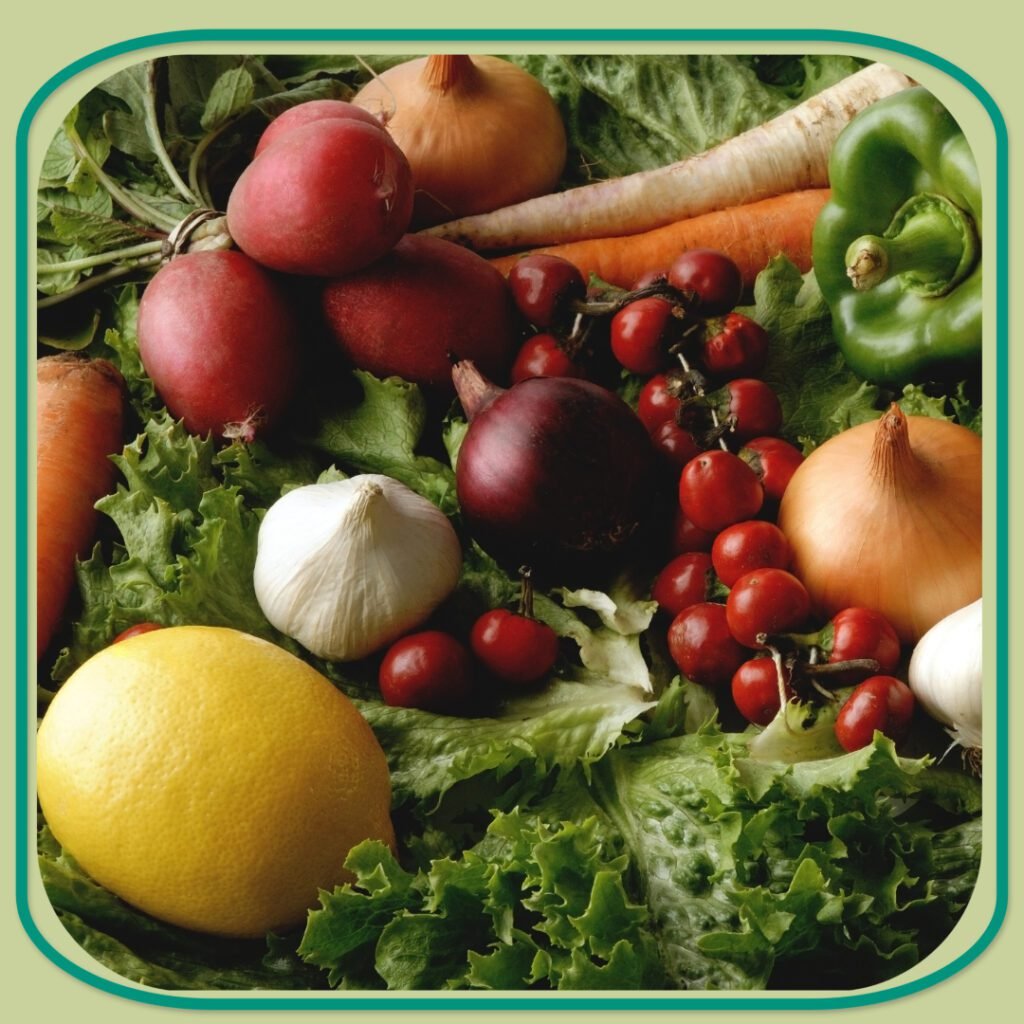
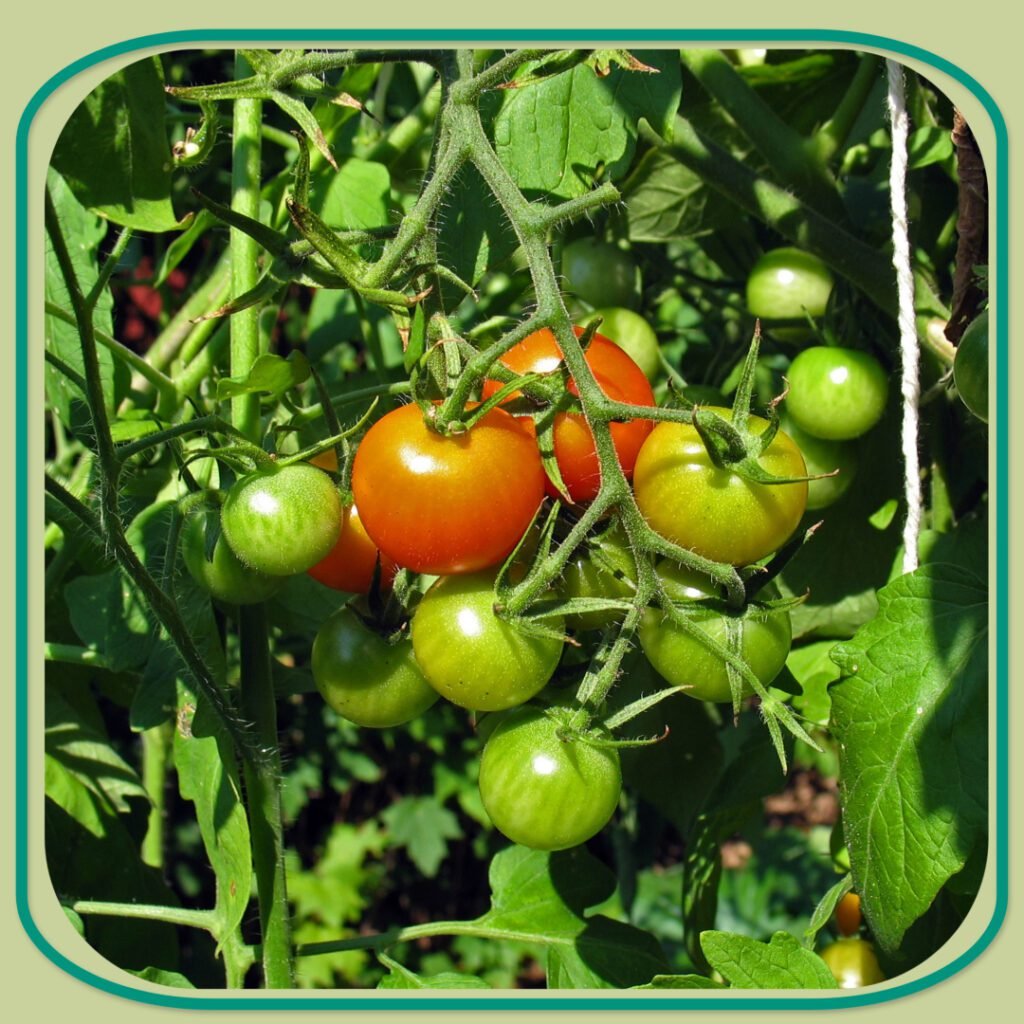
Growing organically isn’t just a method, it’s a mindset. It’s about nurturing the natural systems in your garden, building resilience and growing things in a way that supports the earth as well as your table.
Make sure you are following us on Social media

